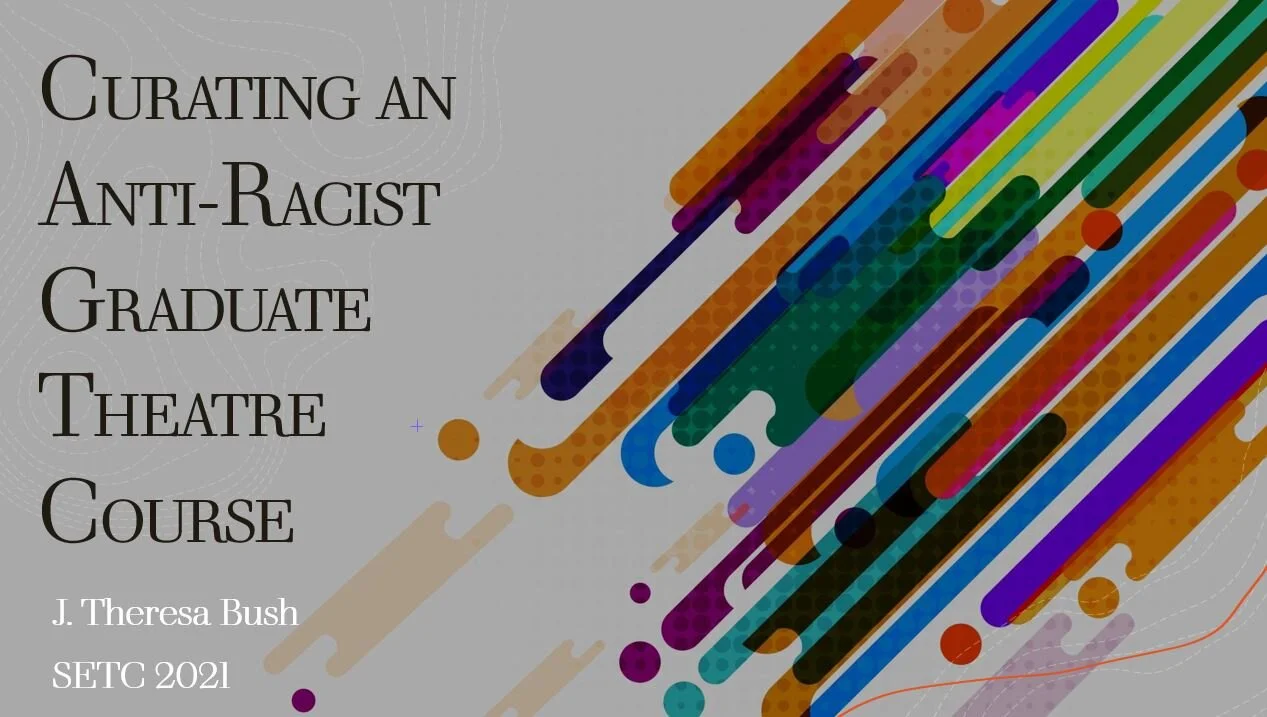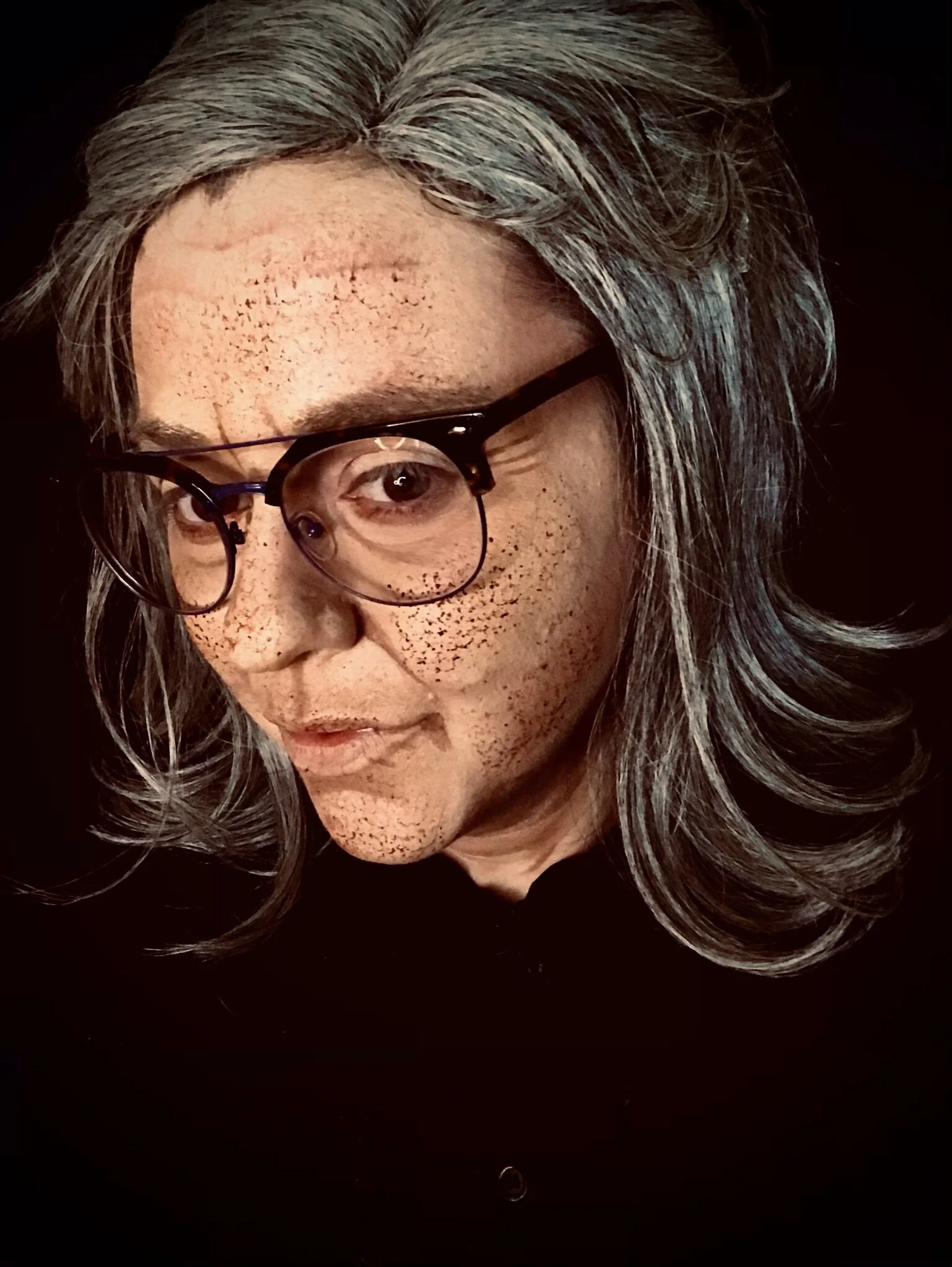Teaching Philosophy
Conscientious Theatre Practices create learning environments conducive to equitable learning and cultural competency. Consent-based practices encourage students with intersectional identities to participate fully learning.
Students of theatre learn best through kinesthesis or the principle of learning by doing. Active learning strategies and quality feedback encourage positive student outcomes on portfolio-based work.
Failure is a necessary part of learning. We must allow new endeavors to be difficult and feel awkward. Patience, perseverance, and routine study are how we develop mastery. Mastery leads to improvisation, and personal aesthetic emerges.
Theatre is uniquely suited to social change in pedagogy and practice, because storytelling both defines and responds to cultural narrative. If social change practices and principles are integrated into the classroom, then they permeate the developmental foundations of future artists who make up the industry and define our cultural narratives.
Theatre is storytelling. Theatrical designers advance the storytelling through the manifestation of abstracts such as concepts, feelings, and relationships. Costume and makeup designers and technicians collaborate with performers to express these abstracts.
Theatre is fully Art and fully Business. Organizational structures and deadlines enable creative freedom.
A definition of Art: expression personal to the artist and relatable to the audience.
Curating an Anti-Racist Theatre Course
Presented at 2021 Southeastern Theatre Conference
Sample Teaching Materials
These materials accompanied a Stage Makeup course during the Spring semester of 2021. The course was taught in a hybrid format.
The Makeup of Protest
Presented at University of Southern Mississippi’s School of Performing and Visual Arts Revelry 2021
Old Age Makeup Demonstration
This is a Stage Makeup class session in which we discuss Age Makeups and I provide a live demonstration.





